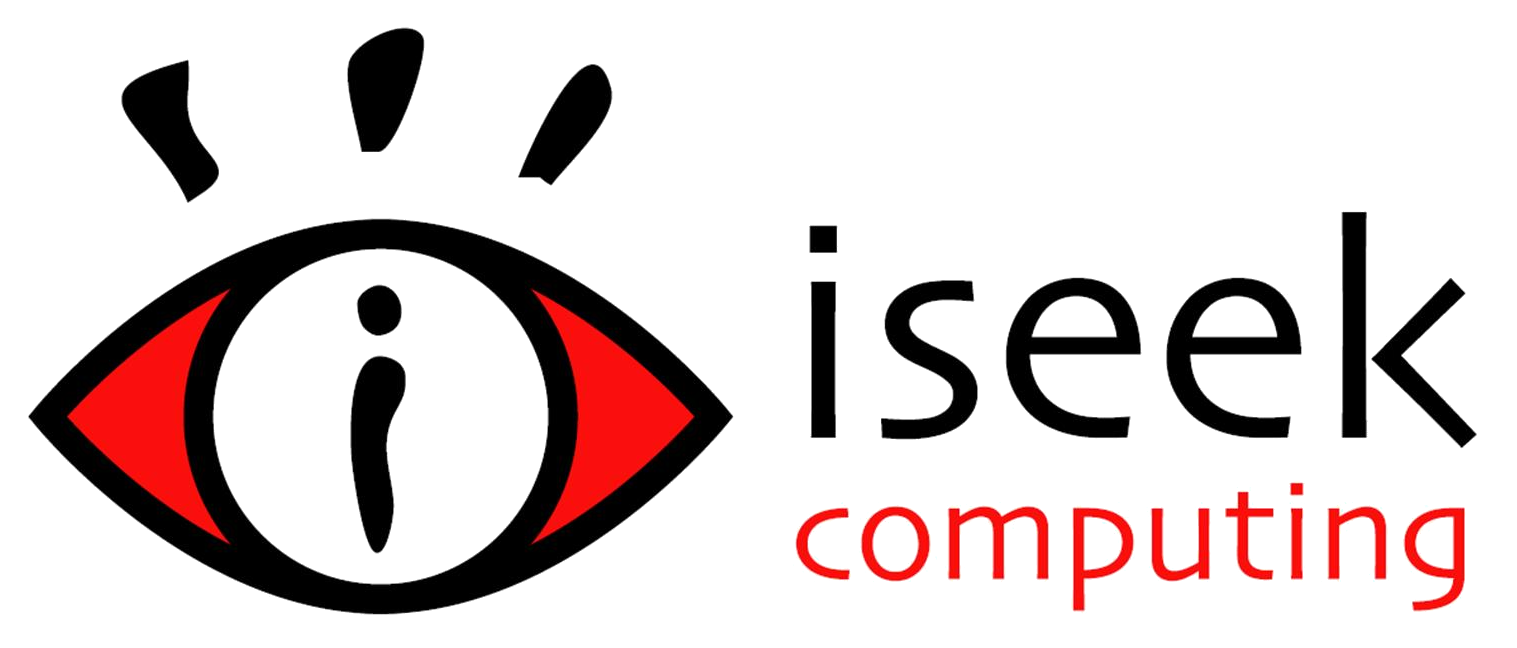Steam Machines
In this blog, I’m going to discuss Steam Machines and why they’re important. No, not the kind kept running by boiling water, but a new release in the console industry.
Valve is a large company who run something called Steam, which is a digital distribution platform for games (i.e. you buy them online and download them). It’s become quite large and successful at what it does, and is a good platform for keeping an open market and good competiveness between developers. The issue is that it’s been largely tied to PC’s.
That’s why its new release is good news: Steam Machines are the same platform, but built for consoles. In fact, it’s a little different to what you normally get in a console.
Normally, when you buy a console like a PlayStation or Xbox, it's ‘closed source’. This means that only the manufacturers can build and sell it, and they take a portion of the initial build cost. For the end purchaser, the console is more expensive. Also, you can’t open it, or experiment. It becomes difficult for individuals to make things for it. On top of that, the closed system means the manufacturers can impose extra fees for people to get games on it, meaning games cost more for the end person. A more expensive console, less new features, and games for a higher price. (There are other benefits of course, but just consider this for a comparison).
The new Steam Machines are more of an ‘open source’ blueprint. This means anyone, you, your friends, or your local store, can build one from components they choose. On top of being cheaper, you support local business, and you can wilfully upgrade/downgrade to suit your budget or gaming needs. Being open, means that anyone can ‘fiddle’. Generally, new features and indie games come from an individual just messing around with a concept they have. And as for cheap games; Steam already has that. Their games are much cheaper.
The other great thing is that if it works, it brings a huge range of competition to the console industry. Even if you never use it, it most likely will bring down costs of other consoles.
This is all well and good, but what’s the catch? The catch is it’s built upon Linux, which while being a great open source system, is not generally used for games. Why? Not because it’s bad, but because developers want to make money, and making money means targeting large audiences. A huge market share, and decades of demand for PC games on Windows means that developers are working with Windows now, and not Linux.
So what will it take to work? More demand! The more people who get behind it, the more developers will make games for it. Steam Machines are slated for release in 2014 some time, so keep your eyes peeled!
As always don’t hesitate to contact your local computer store for help with any IT issues.
